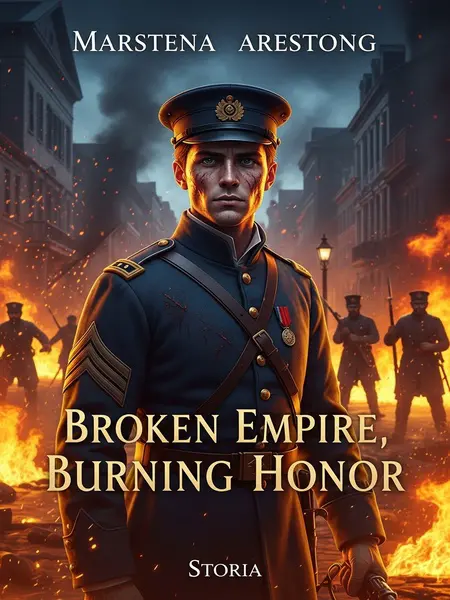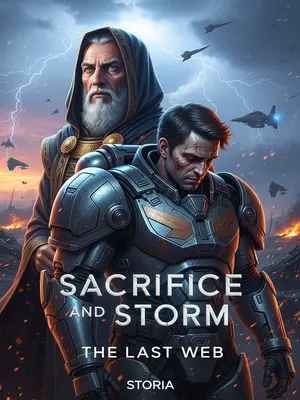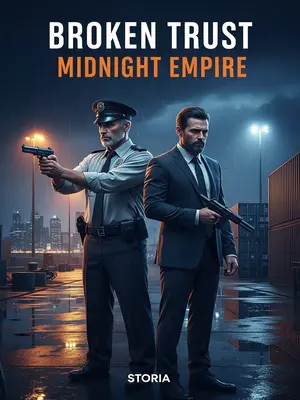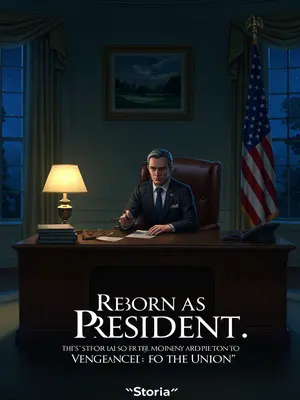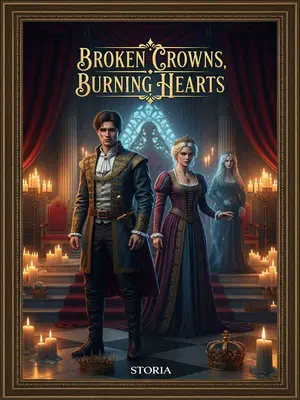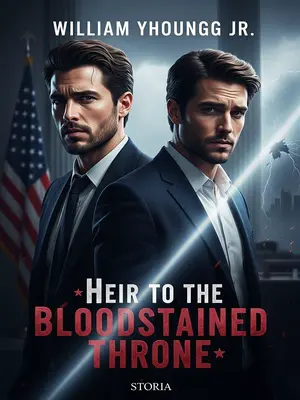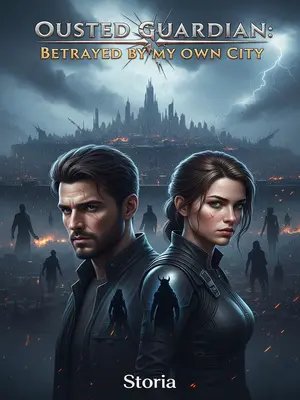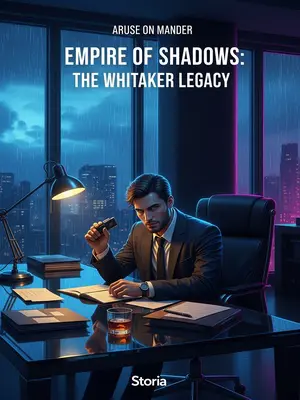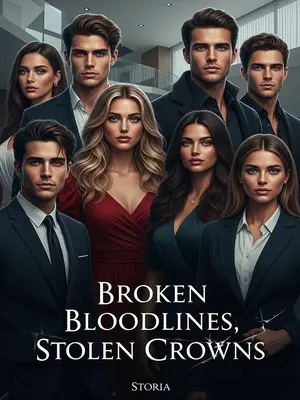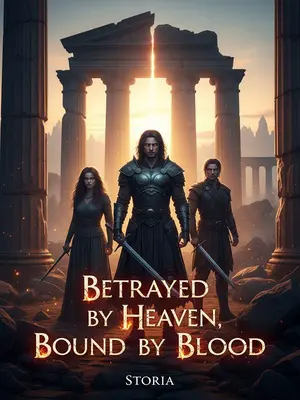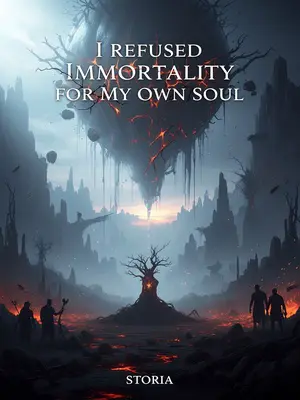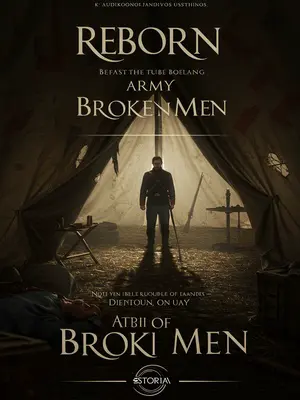Chapter 1: The Night That Changed Everything
It was just past ten on a foggy December night in Charleston, 1884. The city was wrapped in a thick blanket of mist, the kind that clung to your coat and made the gaslights look like distant stars.
Down the empty street, a man came tearing toward the main gate of the U.S. Army garrison, his eyes wild, desperation etched deep into his face. His boots slapped the cobblestones, breath coming in ragged bursts. For a split second, as he ran, all he could hear was the pounding of his own heart and the distant, muffled clang of a ship’s bell.
You could taste the salt in the air, heavy and sharp. The streetlamps flickered in the Southern fog, throwing ghostly shadows on the wet pavement. The guards at the gate exchanged worried glances—one hand drifting toward his rifle—just as the frantic runner nearly collapsed at their feet, gasping for breath, eyes wide with fear.
Nobody at the gate could have known that the news this man carried would tip the scales of power—not just in Charleston, but across the United States, the Southern Confederacy, and even in far-off Japan.
History was about to turn on the heels of one frantic messenger. The shockwaves from this night would ripple out—spilling from smoky Charleston taverns all the way to the marble halls of Washington, D.C.—even crossing the Pacific, where men in silk robes would sit up and take notice.
That night would shove 25-year-old Samuel Whitaker from the shadows right into the white-hot glare of politics along the Atlantic coast, making him a man President Chester Arthur and Secretary of State Frederick Evans would have to keep a close eye on.
Samuel Whitaker—a young man with sharp eyes and a stubborn streak a mile wide—had no clue his world was about to flip upside down. In a matter of hours, he’d go from just another officer to a name whispered in every back room and corridor of power.
So, what happened in Charleston that night that sent the world spinning? To find out, we need to go back a few hours.
The story begins, as all good ones do—not in chaos, but in celebration.
Charleston in the 1880s was a city on edge. Even on a night like this, you could feel it—a hum in the air, a sense that something might snap at any moment.
On its best days, the city throbbed with tension. Old wounds from the war still ached, and every brick seemed to remember both glory and grief. Sometimes, walking the streets, you’d swear you could hear the past whispering from the shadows.
Internationally, intrigue was everywhere—sometimes right under your nose. You could catch snatches of foreign tongues at the docks, see strangers in tailored coats sizing up the city like buyers at an auction.
